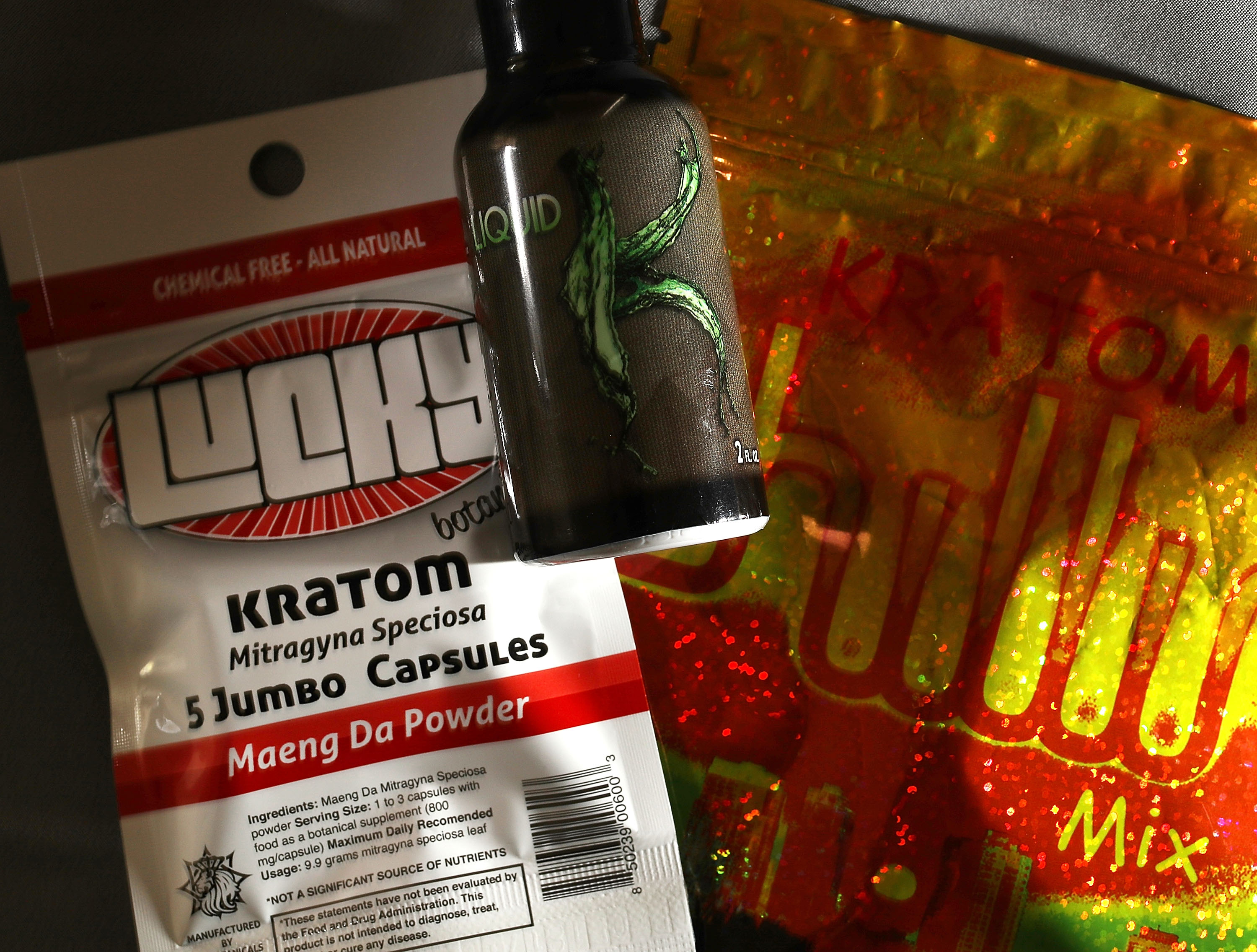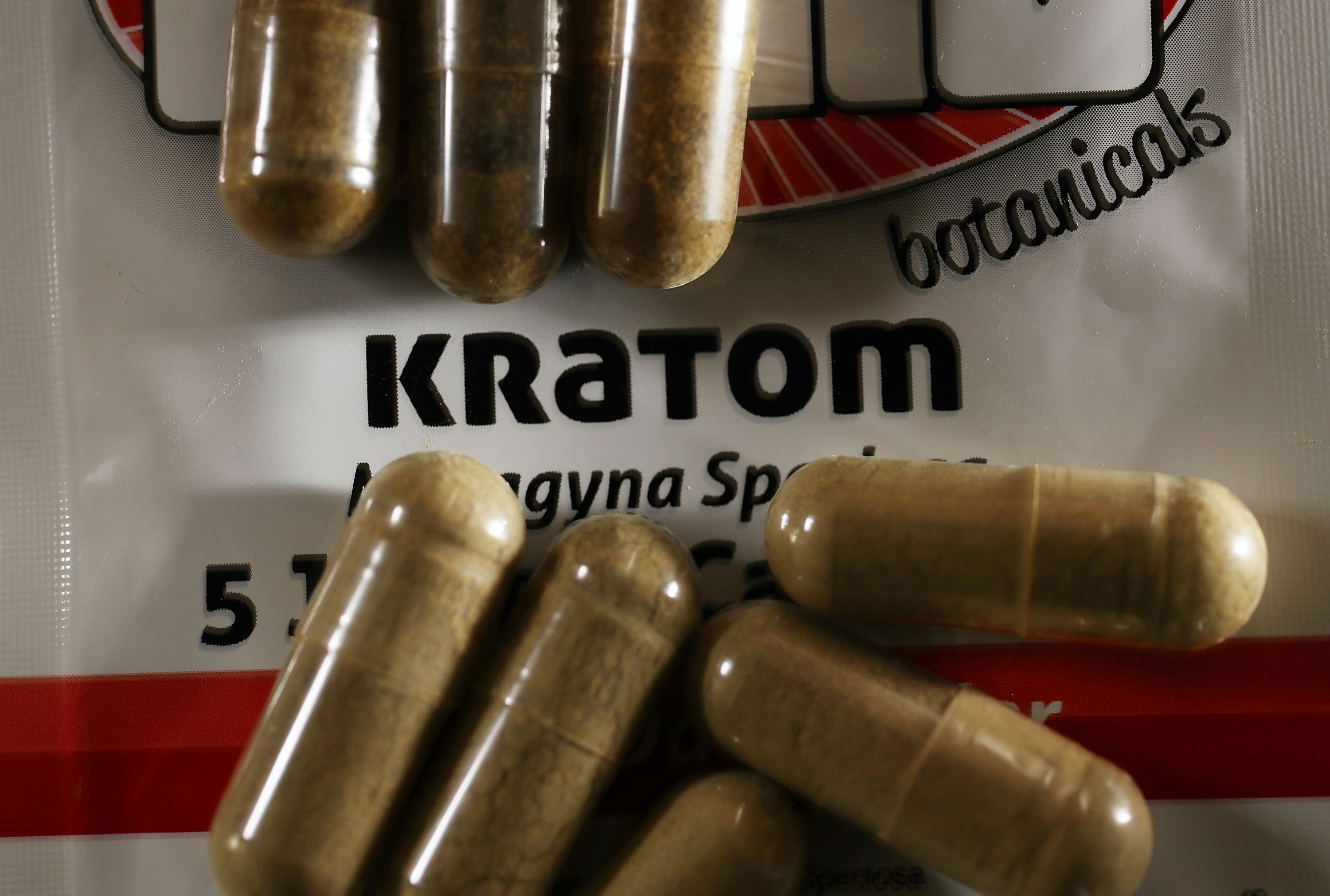Kratom, an herbal drug made from the leaf of a tree grown in Southeast Asia, and often used on the streets as an opioid replacement or painkiller, has been banned for sale in Denver.
Denver Environmental Health announced its decision Monday in a press release.
The decision to ban the sale of kratom for human consumption follows an FDA public health advisory issued last week against the consumption of the drug.
There are no FDA-approved uses for kratom and the FDA does not allow kratom to be imported into the U.S. as a consumable commodity.

Kratom is sold in various forms including powders, teas, liquids, foods, and pills. It contains two psychoactive compounds called mitragynine and 7-hydroxymitragynine, which can produce opioid-like effects.
Kratom is also sold for non-consumptive use, such as for aromatherapy or soap making.
Stores may still sell kratom for non-consumptive use with the following additional measures:
- A consumer advisory shall be affixed to each package of kratom product in large font and easily readable to all purchasers, stating: “This product is not intended for human consumption. Consuming kratom products may pose a risk, including death, to consumers and has addictive potential. Increased risk of injury or death may be posed by consuming with alcohol and other drugs.”
- Retailers may not provide consumers with guidance for dosage or consumption.
According to the FDA, the consumption of kratom carries health risks such as seizures, liver damage, and withdrawal symptoms.
Like opioids, kratom use can lead to abuse, addiction, and dependence. Acute toxicity can lead to coma and/or death.
Sales of kratom have also been banned or restricted in Alabama, Arkansas, Tennessee, Vermont, Wisconsin, Illinois, Rhode Island, Louisiana, the city of San Diego (California), Sarasota County (Florida), Australia, Thailand, Malaysia, Myanmar, Finland, Denmark, Germany, Romania, and New Zealand.
Consumers or businesses with questions or concerns about kratom can contact DEH’s Public Health Inspections Division at phicomments@denvergov.org or 720-913-1311.


